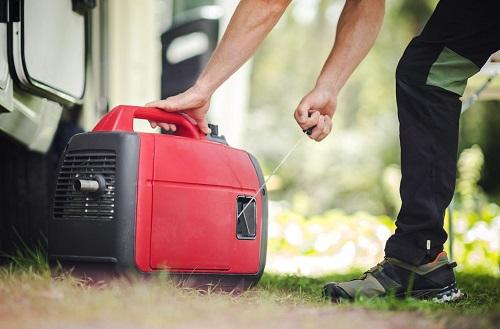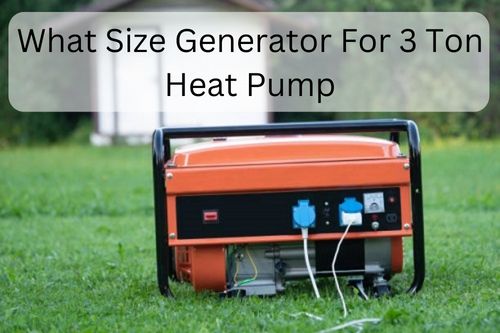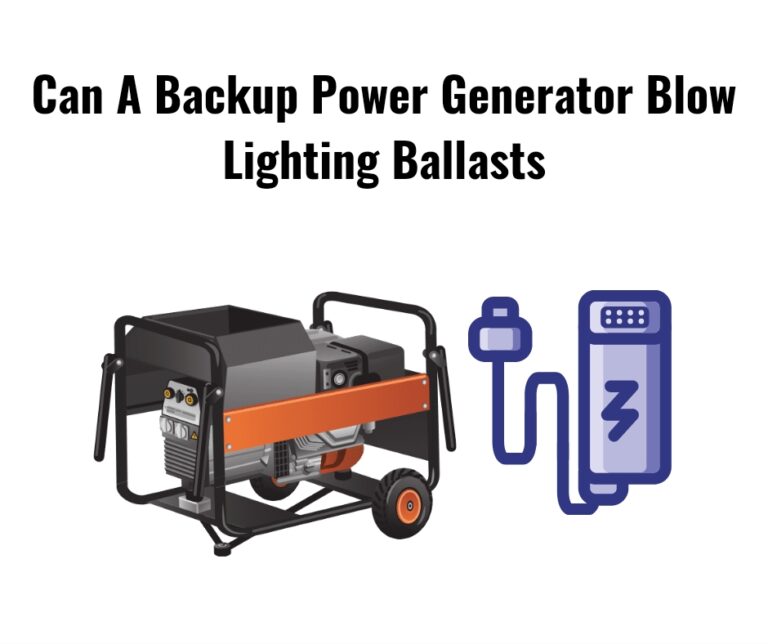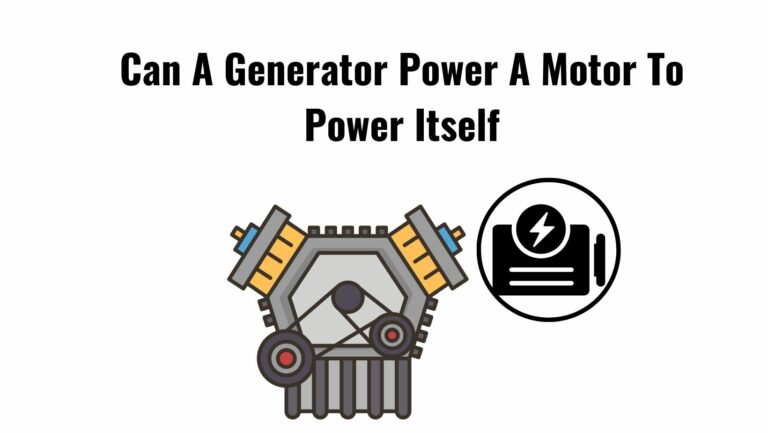
Are you wondering if you need to ground your generator when camping? You’re not alone. This is a question that a lot of people have, and it’s not always easy to determine the answer.
In this blog post, we’ll explore the basics of grounding generators and share some tips on how to do it correctly. We’ll also discuss the potential benefits of grounding your generator while camping. So, read on to learn more!
Do I Need To Ground My Generator When Camping?
The answer to this question depends on a few factors. First, you need to consider what type of generator you have. If you have a portable generator, then the answer is likely yes, you should ground it.
Portable generators are typically smaller and have less power than stationary generators. This means that they’re more likely to create a spark that could start a fire. Grounding your portable generator will help to prevent this from happening.
If you have a stationary generator, the answer is less clear. Stationary generators are usually much larger and have more power than portable generators. This means that they’re less likely to create a spark that could start a fire. However, it’s best to ground your generator just in case.
Related Article: Role of Stationary Generator
Another factor to consider is where you’ll be using your generator. If you’re camping in an area that’s prone to fires, it’s especially critical to ground your generator. This will help to prevent any sparks from starting a fire.

Finally, you need to think about the weather conditions when you’ll be using your generator. If it’s wet or humid, then there’s a heightened risk of sparks. In these conditions, grounding your generator is even more significant.
How to Correctly Perform this Task?
Now that you know the answer to the question, “Do I need to ground my generator when camping?”, let’s talk about how to do it correctly.
When grounding your generator, there are a few things you need to keep in mind. First, you need to make sure that the ground rod is made of copper or galvanized steel. Second, the ground rod should be at least 8 feet long and 3/4 inch in diameter. Finally, the ground rod should be driven into the ground until it’s fully seated.
Once you have a properly sized and installed ground rod, you can connect your generator to it using a grounding wire. The wire should be made of copper or galvanized steel and should be at least 10 feet long.
When connecting the wire to your generator, you’ll need to use a ground clamp. This is a special type of clamp that’s designed to create a secure connection between the wire and the generator. Once the clamp is in place, you can connect the other end of the wire to the ground rod.
Now that you know how to ground your generator, let’s talk about the benefits of doing so. Grounding your generator will help to protect you and your equipment from electrical shocks. It will also help to prevent fires from starting.
If you’re still not sure whether or not you should ground your generator, then we recommend talking to a professional. They can help you make the best decision for your situation.
FAQs
When operating a generator, there are several safety considerations to keep in mind. Grounding is one of the most important parts. But what exactly is generator grounding, and do you need to do it when camping? Here are answers to some FAQs about generator grounding.
Generator grounding is the process of connecting the metal frame of the generator to a metal rod driven into the ground. This helps to prevent electrocution by providing a path for electricity to flow if the generator comes into contact with water.
Grounding is important because it helps to prevent electrocution. If the generator comes into contact with water, the electrical current from the generator can travel through the water and cause serious injury or death.
Rounding provides a path for the electricity to flow away from the generator, preventing it from coming into contact with people or animals.
Yes, you should always ground your generator when camping. Even if you are using a portable generator that is not permanently installed, it is still important to ground it. This will help to prevent accidental electrocution if the generator comes into contact with water.
There are a few different ways to ground a generator. One method is to use a grounding rod. This is a metal rod that is driven into the ground. The generator must be connected to the grounding rod using a heavy-duty wire.
Another method is to use a ground plate. This is a metal plate that is buried in the ground. The generator must be connected to the ground plate using a heavy-duty wire.
Conclusion
Camping is a great way to enjoy the outdoors and spend time with family and friends. One key thing to remember when camping, however, is to ground your generator properly.
Grounding your generator is an essential safety precaution that helps protect you from electrocution.
In this blog post, we will discuss why grounding your generator is so important and how to do it correctly. If you are planning on camping this summer, make sure you read our tips on grounding your generator before packing up for the trip.
You Can Also Read!






